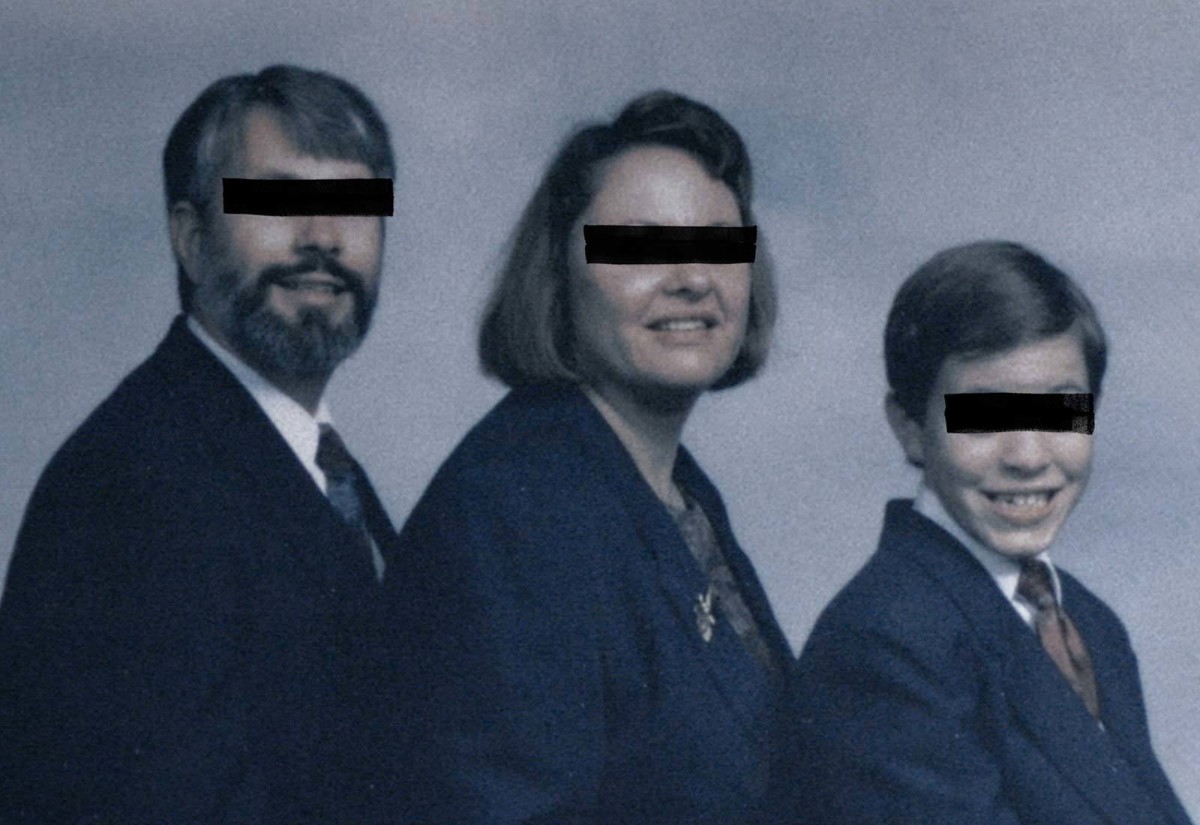A clunky home PC appears, unassumingly, through the doorway on the clip from the home video, in the midst of a guided tour through the typical suburban home. “That’s the computer that Matthew plays on all the time,” his mom explains. “Spends most of the day on this thing here.” That “thing” would give Matt DeHart his identity, as an activist for Anonymous and the operator of a dead drop server connected to Wikileaks. It would also, in many ways, destroy his life.
READ MORE: Toronto International Film Festival 2020 Preview: 15 Films To Watch
His story is told, in all of its complexity, in Sonia Kennebeck’s “Enemies of the State,” a documentary feature that’s scored, paced, and plotted like a white-knuckle thriller. Those stylistic flourishes are appropriate, as she’s telling a straight-up, real-life spy story – complete with classified documents, accusations of treason, incriminating data on hard drives, and government agents torturing citizens for information. And on top of all that, it’s the story of the powerless whistleblower framed by the federal government – DeHart is accused of soliciting and possessing child porn, which allows his government enemies extensive search and surveillance powers.
Maybe. Or maybe not. Kennebeck’s film is also a bit of a bait-and-switch, freely deploying the narrative of the innocent man wrongly accused. But when she details those charges, they seem credible – and disturbing. The perspective is, thankfully, not singular; the film’s construction creates a push-pull of accusations and counterpoints and takes no one’s word as the last one.
READ MORE: 2020 Fall Film Preview: 40 Most Anticipated Films To Watch
“The only way to make the facts of this case make sense,” explains one of DeHart’s attorneys, “is to entertain some kind of wild conspiracy theory,” and at this point in our history, those theories must be entertained. Kennebeck, who tackled a similarly complex story of surveillance and whistleblowing in “National Bird,” does not hesitate to get into the weeds of this story, and they’re high. And she doesn’t do so in a linear fashion, either; “Enemies of the State” unfolds through a series of interweaving timelines and dueling framing devices, and suffice it to say that it’s not the kind of movie you’ll be able to half-watch while scrolling.
But the skill of the craft and command of mood keeps this dizzying narrative from getting too tangled. Describing the early months of DeHart’s investigation, his mother recalls, “You get that dark, heavy feeling and you know something’s terribly, terribly wrong,” and Kennebeck seems to have seized on that notion as the film’s overriding aesthetic, using doomy music and moody interviews, lit less like a cyber-doc and more like film noir. The executive producer is Errol Morris, and his influence is certainly felt, not just in those interviews but in the use of reenactments; as with just about every non-Morris documentary that uses them, some of the reenactments are effective, and some are corny and contrived, “Rescue 911”–level stuff. (You may also find yourself questioning why some of this story is dramatized and some is not, and what biases that may or may not betray.)
Most importantly, “Enemies of the State” is powered by a sense of momentum – it’s a story filled with unexpected twists and turns, and not just in terms of “plotting.” Kennebeck finds herself wrestling with the prickly proposition of unraveling where, exactly, the truth lies; it’s the job of any good documentary filmmaker, of course, but in this particular case, it’s a journey of discoveries and often disturbing ones. Her film is a frustrating experience, but in a good way – these things are not cut and dry, and the people are not black and white. It’s entirely plausible that Matt DeHart was targeted by nefarious government forces; it’s also possible that he’s committed crimes altogether unrelated to his activism. We must be willing to entertain not one or the other, but both possibilities because, in our desire to tell certain kinds of stories about the way the world works, we can lock into a narrative, and cling to it for dear life. Kennebeck begins her story with a quote from Oscar Wilde: “The truth is rarely pure and never simple.” You can say that again. [B]
Follow along here for all our coverage of the 2020 Toronto International Film Festival.





